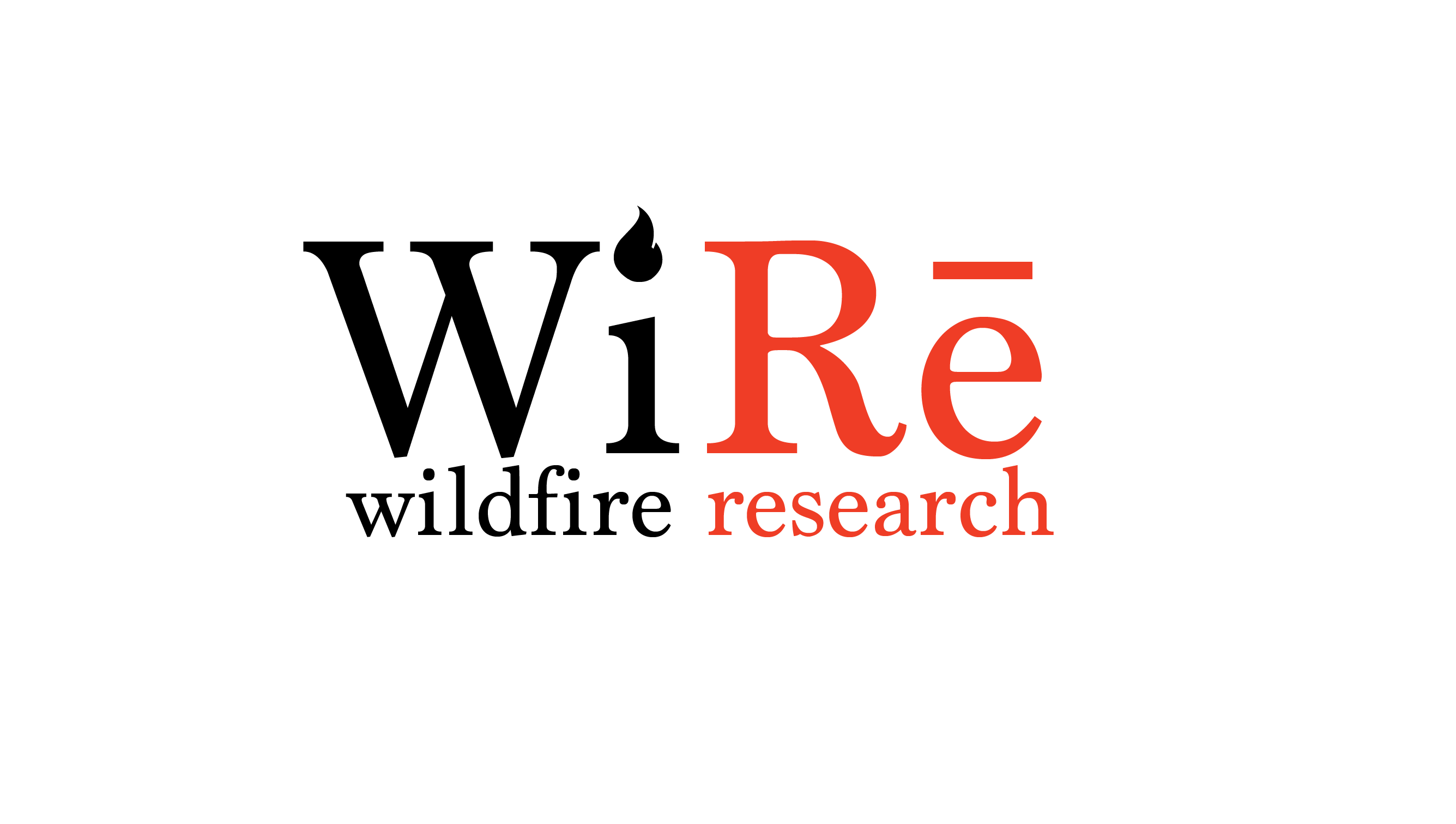Some homeowners in the WUI (wildland-urban interface) might worry that their property value will take a hit if they follow defensible space recommendations about thinning vegetation around their homes. However, our research suggests they don’t need to worry about that.
When we looked closely at home sales prices in Colorado Springs before and after the start of its wildfire education program in 2001 (more than a decade before the Waldo Canyon and Black Forest fires), we found no evidence that the density of the vegetation around a home affected its sales prices, either positively or negatively. In contrast, we found that some aspects of a home that might look nice but add to its wildfire risk, such as having a wooden roof or wood siding, actually decreased the sales price of houses sold after the information program was in place.
In other words, reducing your wildfire risk can actually make your property more valuable!
For more info, see: Champ, Donovan, and Barth (2009). Homebuyers and wildfire risk: a Colorado Springs case study. Society & Natural Resources, 23(1), 58-70.
